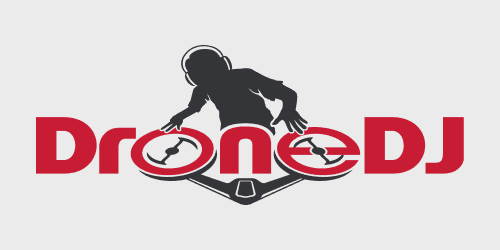
The latest innovation to battle thousands of migrants attempting illegal Channel crossings from northern France to England has been thwarted on legal grounds. Plans to fly police drones detecting and monitoring the organization and launch of illicit passages have been grounded by French laws as violating individual privacy rights.
French laws ground police UAV for video surveillance
The development is only the most recent setback for French police officials seeking to use drones in surveillance operations – only to be barred from doing so over privacy rights concerns. Indeed, the new ruling protecting migrants attempting illegal crossing in order to apply for asylum in England is an extension of earlier decisions banning uncrewed aerial vehicles (UAV) as policing tools. Three separate motions on that activity have successively clipped the wings of drone-flying French cops, with an interpretation last weekend broadening what had largely a domestic privacy rights issue to Channel-bound migrants as well.
That caused no little groaning from British politicians, who even before Brexit didn’t need much motivation to grouse about the French.
In May, 2020, France’s Commission Nationale de l’Informatique et des Libertés – which oversees the collection, storage, and use of data posing potential risks to individual privacy – objected to the use of drones by police to identify violations of COVID-19 restrictions. The nation’s Conseil d’Etat advisory body on legal matters agreed, and went on to nix police use of the craft to film mass demonstrations as well. A related decision last May blew holes in the government’s move to legalize UAV surveillance within a new, broad law tightening security measures. And those limitations, French officials reluctantly told their English peers over the weekend, applies to UK-obsessed migrants.
The crux of the anti-drone argument has been that cameras aboard the craft shoot video without the explicit permission of individuals being recorded. That – as well as the storage of such footage – has been ruled a threat to l’intimité personnelle, which winds up being as cherished a French value as liberté, fraterité, and égalité. And, as anyone who has had to pass the test required to pilot a drone in France knows painfully well, the practice also violates the inordinately stressed prohibition of ever, ever, ever filming anybody from a UAV without previously obtaining signed, notarized, and sealed approval (or just about).
Police use of filming drones considered violation of individual privacy rights
The massing of thousands of immigrants on France’s northern coast has been a sore point between the two nations for over a decade. According to the United Nations high commissioner for refugees, over 44,230 people have arrived in Europe by land or sea so far this year, many heading for the Channel and hopeful landing in England beyond.
France says at least 868 crossings to Britain by 9,551 people were attempted and/or completed in 2020. And with 430 migrants having reached England last Sunday alone – a daily record – that total this year now exceeds 7,000, with five months yet to go.
As a way of throttling that activity, the UK had approved a transfer of $74 million to France for anti-crossing monitoring tech, including drones. That followed $37 million in similar funding last year. Understandably, London has not been pleased by the recent confirmation that French law prohibits UAVs bought for those purposes to be deployed as planned.
Given Britain’s vast use of drones and video surveillance of cities and people, the grounding of camera-equipped UAV will presumably join the long list of “French things” the English neither understand nor appreciate.
Photo: Stefan Daniel Petcu
FTC: We use income earning auto affiliate links. More.




Comments